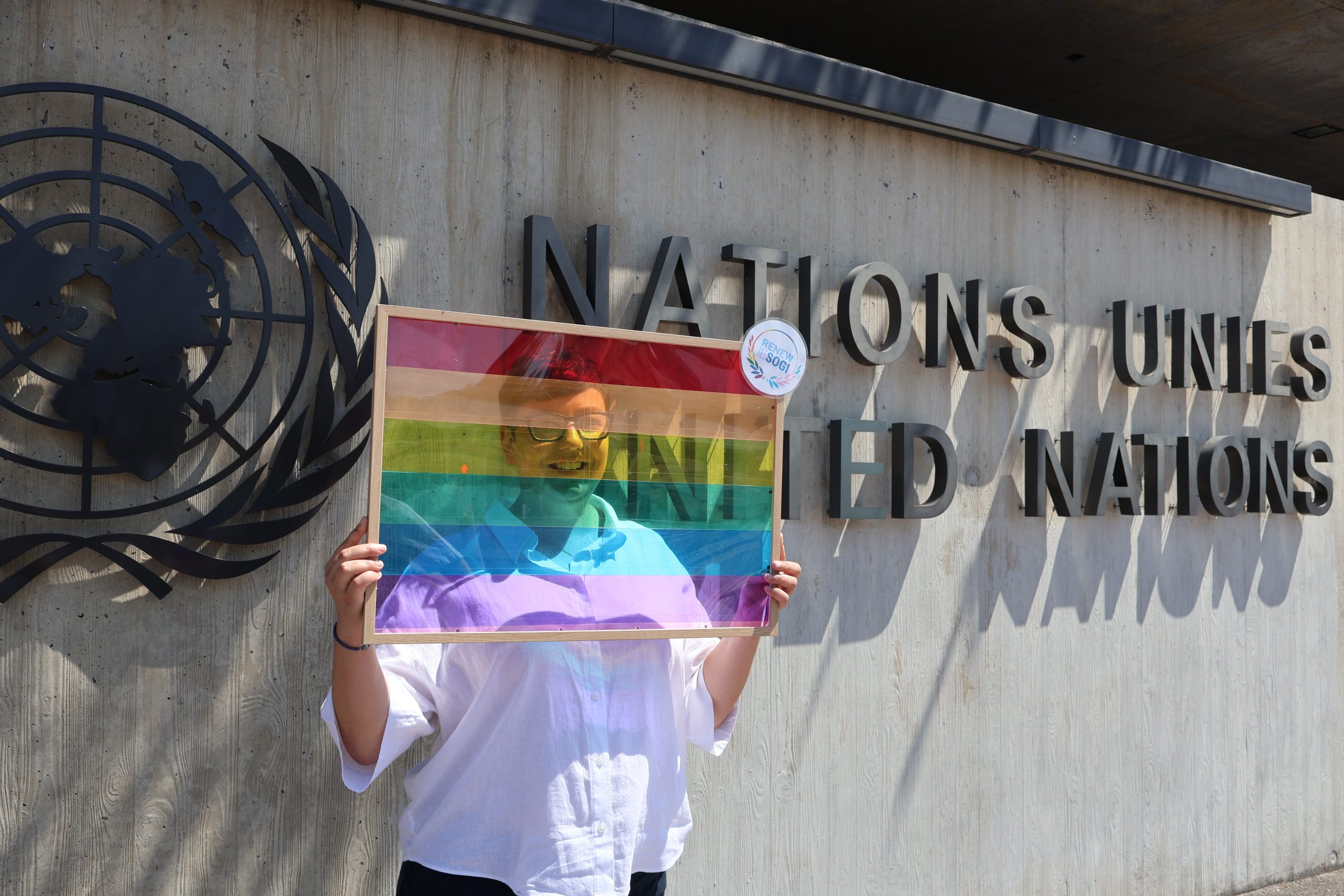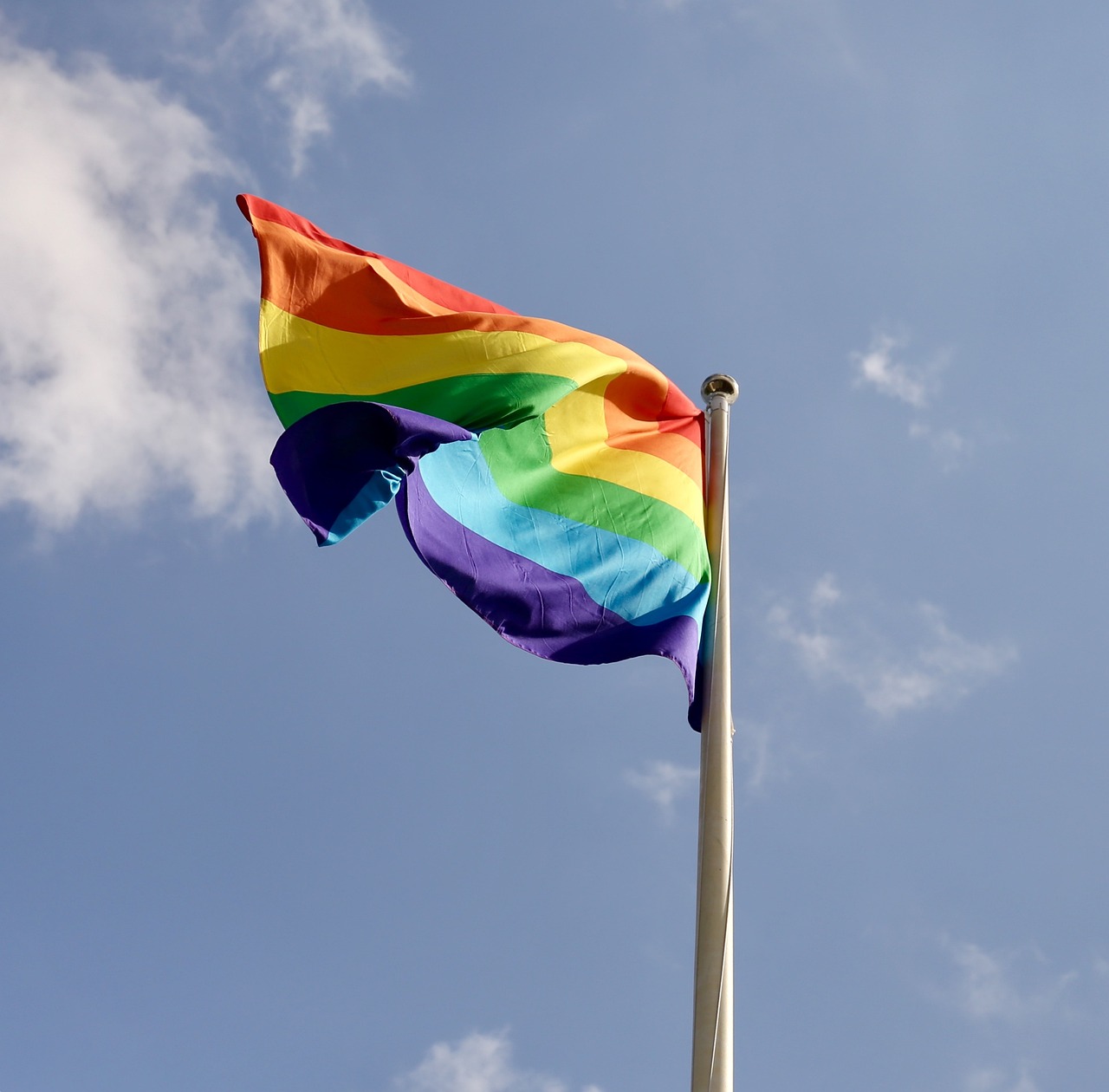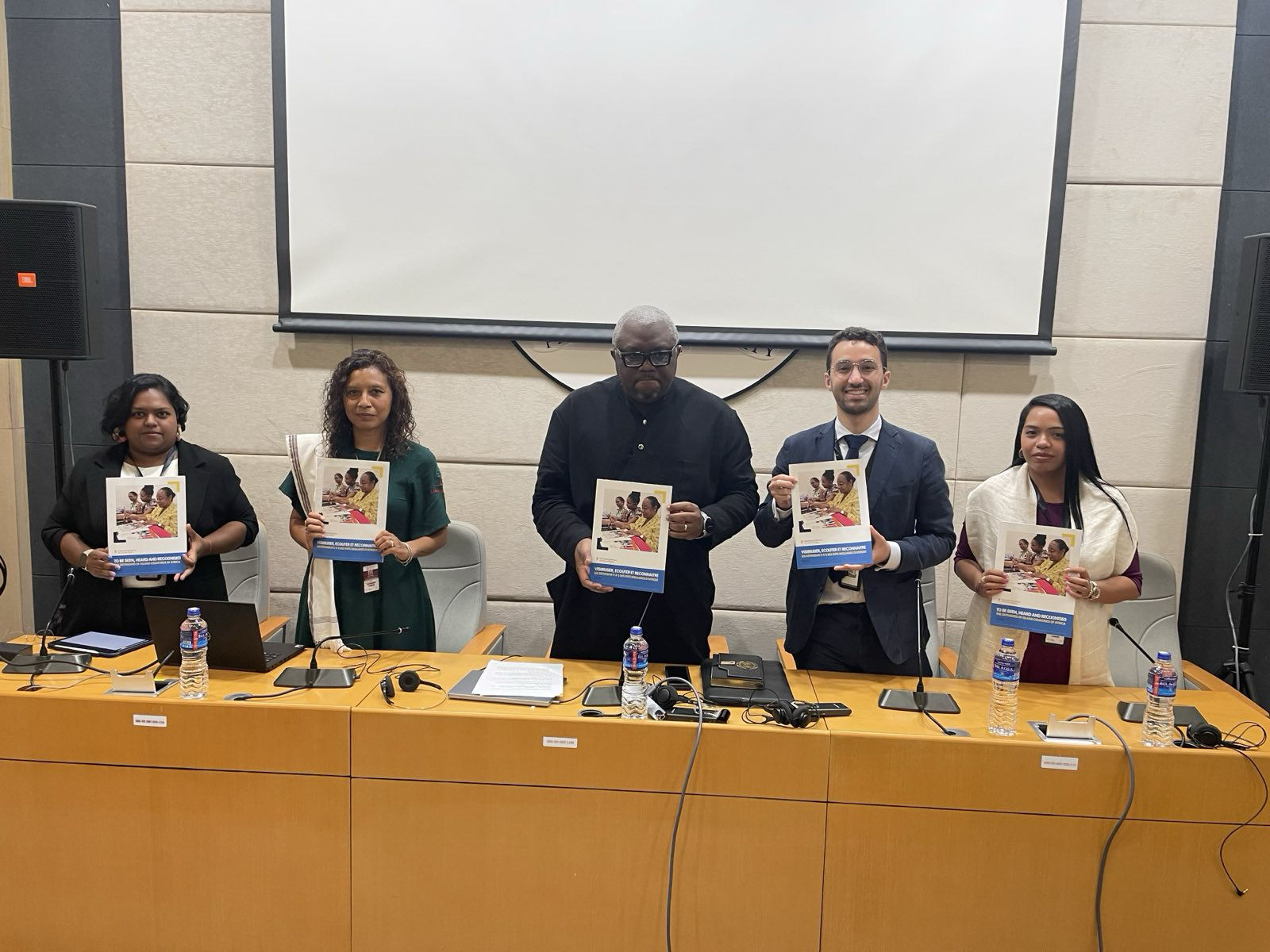The plaintiff, Abdool Ridwan Firaas Ah Seek, and Collectif Arc en Ciel, a prominent LGBTQI+ rights advocacy non-governmental organisation in Mauritius, celebrated the ruling as a step towards inclusivity and the elimination of discrimination.
The decision was rooted in Section 16 of the Constitution, emphasising non-discrimination based on various criteria, including sex. The Court relied on the International Covenant on Civil and Political Rights, specifically the interpretation of the term “sex” by the Human Rights Committee in the landmark Toonen case, which affirmed that sexual orientation is encompassed within the scope of non-discrimination protections. In doing so, the Court’s interpretation of “sex” to include sexual orientation rendered Section 250(1) of the Criminal Code inconsistent with the Constitution.
While the judgement sets judicial precedent, it awaits legislative action for full integration into Mauritian law. However, with the upcoming 2024 general elections, such amendments might face delays, leaving the LGBTQI+ community vulnerable to arrests by the police and potential harassment under detention while awaiting trial.
The Young Queer Alliance, a non-governmental organisation dedicated to LGBTQI+ rights advocacy in Mauritius, emphasised that the consequences of this decision must be actively incorporated into public discourse. This will educate members of the LGBTQI+ community about their rights and, concurrently, build support for LGBTQI+ rights within Mauritian society. The Court’s reliance on these international law instruments signals a commitment to a rights-based approach. This serves as an encouragement for advocates to leverage international human rights standards in their efforts to urge the Mauritian government towards legislative reform. To this end, the Yogyakarta Principles and the Yogyakarta+10 Principles, can be used by human rights defenders in the country to lobby for legal reform at the domestic level and foster broader social acceptance of the Supreme Court’s decision.
Responses to the ruling were not all positive, with the Sunni Ulama Council, a group of Muslim theologians, condemning it, asserting that it disrupts societal equilibrium and undermines the traditional family structure. They indicated plans to challenge the decision at the Privy Council, citing freedom of speech and religious liberty infringements.
We welcome the Supreme Court’s decision as a significant step for LGBTQI+ rights in Mauritius. While a substantial stride, ongoing efforts are crucial for the complete protection and inclusion of the rights of LGBTQI+ individuals on the island. Now we look to the authorities to ensure the full incorporation of the ruling at the national law, including the rescission of discriminatory laws.




